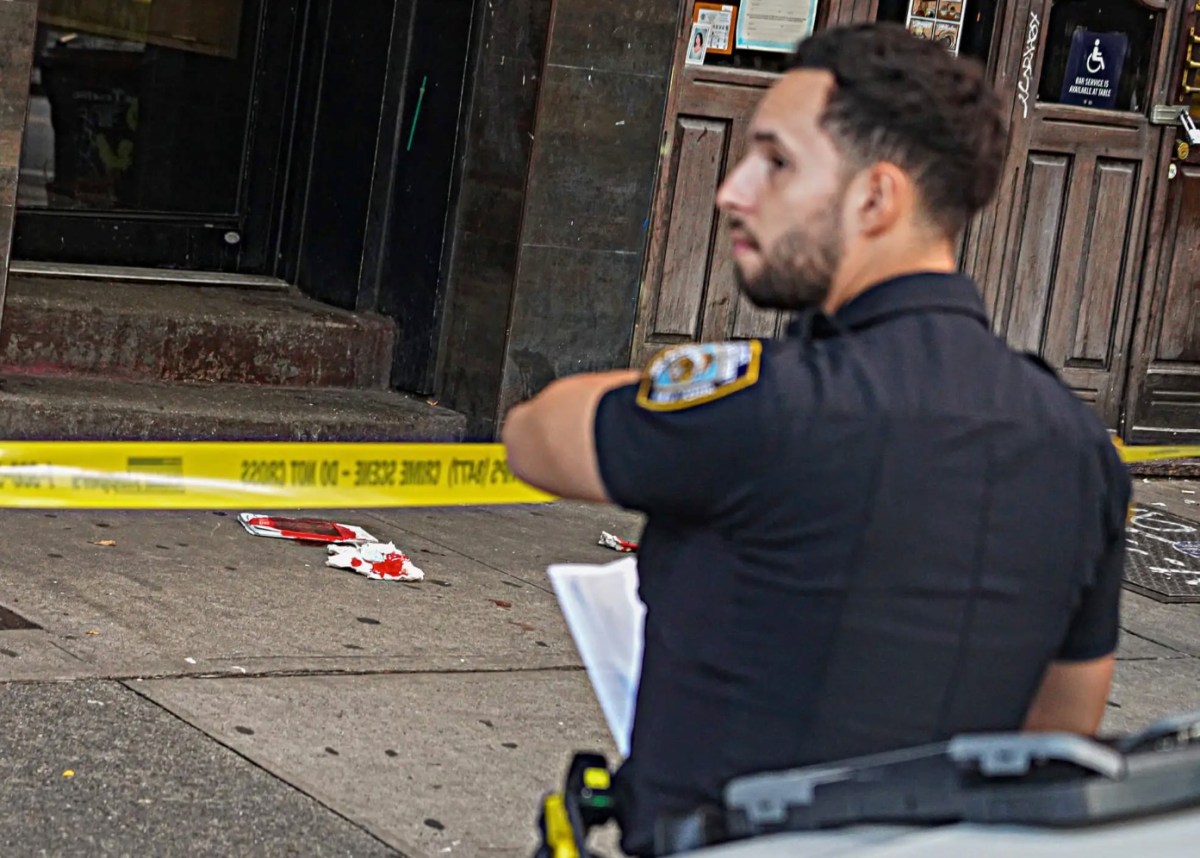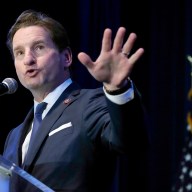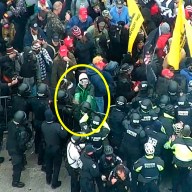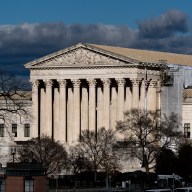PARIS – France and the United States have a lot in common— revolutionary heritage, love of glamour, strong self-belief as a global leader, even an appetite for McDonald’s.
President Barack Obama arrived for a G-8 summit Thursday in the French resort of Deauville, where he will meet President Nicolas Sarkozy and extol the importance of a close, if sometimes rocky, relationship.
The arrest of IMF chief Dominique Strauss-Kahn on attempted rape charges in New York has revived deeply rooted stereotypes of uptight Americans and amoral French, prompting fears of a new schism between countries that have long been strong allies, if not always the best of friends.
“Emotionally the affair has revealed the rift that may exist between the two countries,” said French political analyst Dominique Moisi. “For the Americans, France is not truly a democratic country. And for the French, America is not a perfectly civilized country.”
A mutual suspicion last seen when relations chilled in the run-up to the 2003 Iraq war re-emerged after the May 14 arrest of Strauss-Kahn on allegations that he tried to rape a hotel maid. He denies the charges and remains on bail and under house arrest in a New York townhouse as he awaits trial.
France and the United States are united by political and economic interests, but in some areas, like sex and justice, they remain divided by a cultural chasm.
In the U.S., freedom of speech is a core value. France’s respect for privacy means the personal lives of public figures like Strauss-Kahn — a well-known womanizer — are considered off-limits for the press.
In France, the presumption of innocence is so strongly held that pictures of criminal suspects in handcuffs are outlawed.
The U.S prides itself on treating everyone equally before the law. But many French people reacted with horror to images of a powerful political insider paraded cuffed and unshaven by police on a “perp walk.”
In France, the arrest and those images prompted shock — and even anger. Environment minister Nathalie Kosciusko-Morizet said France’s image was a victim of the case. Prominent conservative lawmaker Bernard Debre was among those who called it “humiliating for our country.”
U.S. tabloids, meanwhile, reveled in the sight of a powerful European, head of a body that dispenses billions in loans to shore up the world economy, brought low. The Daily News’ frontpage headline “Le Perv” was one of the more succinctly humorous — or xenophobic.
But after the shock of the first few days, politicians on both sides of the Atlantic have been publicly silent on the case, not wanting to ruffle a relationship that Obama has made a priority. When Sarkozy visited the White House in January, Obama assured him that “we don’t have a stronger friend and stronger ally than Nicolas Sarkozy and the French people.”
The remark annoyed British commentators, who felt France had eclipsed Britain’s coveted “special relationship” with the U.S.
It’s a marked improvement from the dark days of 2003, when the U.S. Congress cafeteria sold “freedom fries” amid a wave of anti-French sentiment triggered by the France’s opposition to the Iraq war.
“It is a completely different ball game” to 2003, Moisi said. “The two countries have come closer to each other in the last few years. … The political will on both sides is to keep the relationship very strong.”
The relationship has flourished under conservative President Sarkozy, who has made no secret of his unabashed admiration for the United States.
Since his election in 2007, he has steeled the nation for globalization, backed economic liberalism and tried to instil his personal mantra, “work more to earn more.” Under Sarkozy, France has joined international military campaigns against the Taliban and Moammar Gadhafi. In the case of Libya, Sarkozy pressed first and hardest for military action.
“The biggest American prejudice against France is that they are cowards and weak, which comes from World War II,” when the U.S. helped liberate Nazi-occupied France, said Arthur Goldhammer of Harvard’s Center for European Studies.
“This is a persistent image, and it came out in 2003. But now they have sent troops to Afghanistan and taken the lead in Libya, and that has fallen away.”
Goldhammer said that in the wake of the Strauss-Kahn affair, “you actually saw far less anti-Americanism (in France) than you did in 2003.”
Franco-American harmony was on extravagant display at the Cannes Film Festival this month, when Hollywood stars such as Johnny Depp and Angelina Jolie shared red-carpet space and column inches with homegrown heroes like Jean Dujardin and Jean-Paul Belmondo. The opening film was Woody Allen’s “Midnight in Paris” — a love letter to France by one of the country’s favourite Americans. It even has an appearance by French first lady Carla Bruni-Sarkozy.
Americans are the largest group of overseas visitors to Paris — more than 1.2 million stayed in the city’s hotels last year. In Paris, they will find Franklin D. Roosevelt Boulevard and Woodrow Wilson Avenue, testimony to the countries’ status as wartime allies.
They will also find scores of branches of McDonald’s. France is one of the fast-food chain’s most profitable markets outside the United States, although many French are reluctant to admit liking its fare.
Antoine Treuille, president of the French-American Foundation, said the phrase often used about the two nations — “a love-hate relationship” — is wrong.
“I think that it’s a love relationship, with sometimes little abrasions and irritations,” he said.
“They are bound by history and I believe they will remain bound in the future — militarily, culturally and in many other ways. These countries are bound to be together.”
















